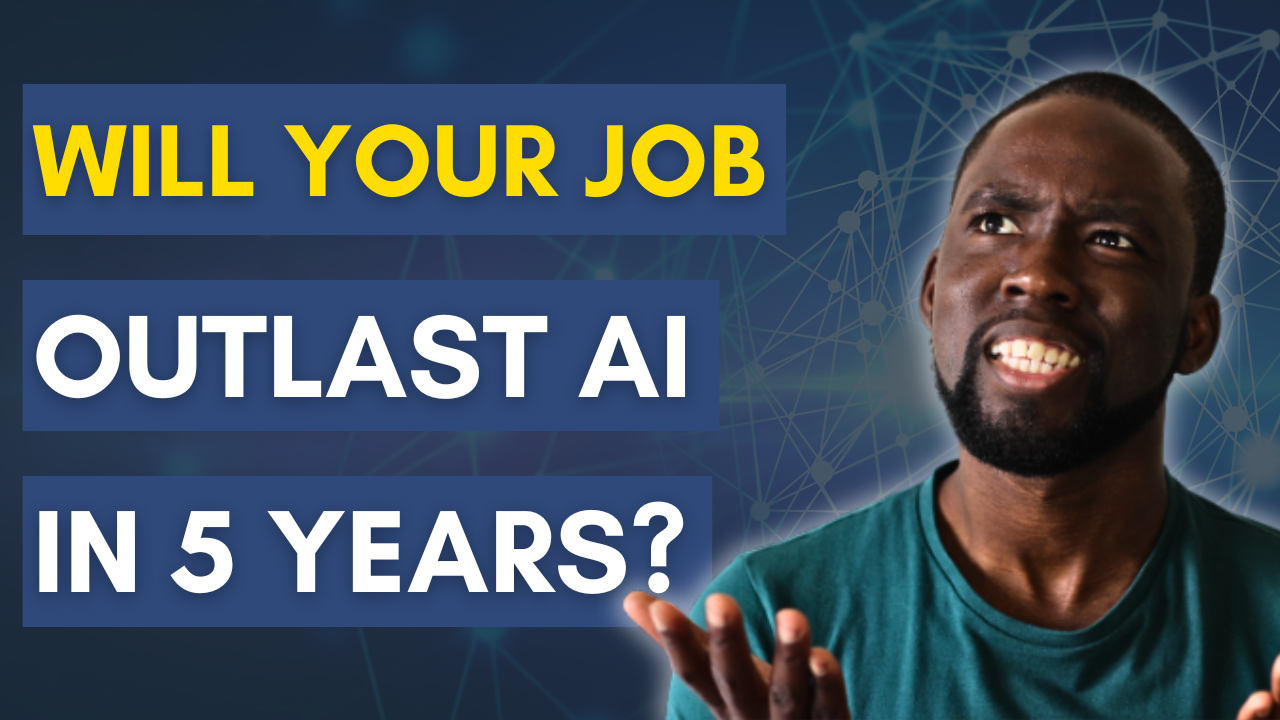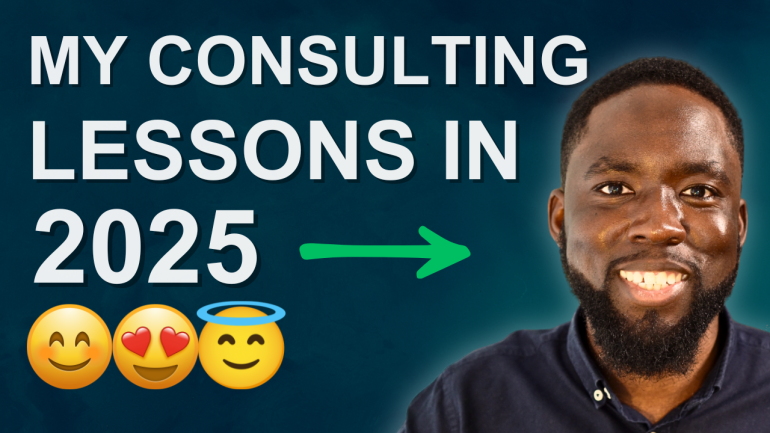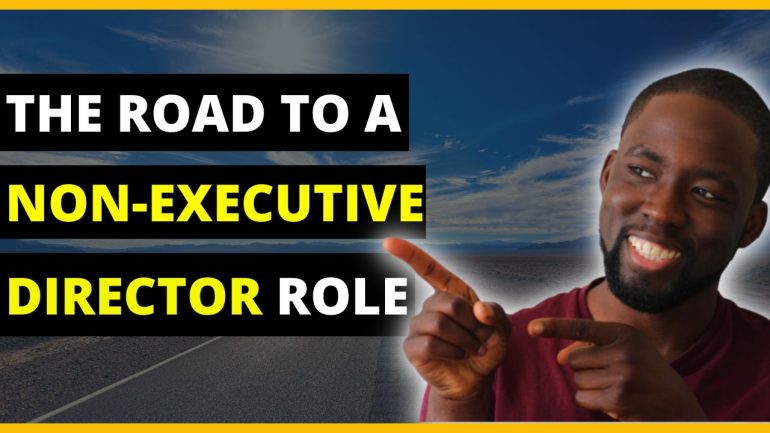Why AI is Coming for Your Job Faster Than You Think (And What You Can Do About It)
Have you asked yourself recently: “Will my job still exist in five years?” Or even more pressing, “Am I unknowingly being replaced by AI right now?” These aren’t hypothetical questions anymore. They’re urgent, personal, and pressing for professionals across the board.
We’re not just entering the age of AI; we’re already in it. And it’s evolving faster than most people realise.
This article breaks down the realities of AI’s acceleration, why many professionals (especially knowledge workers) are at risk, and how you can strategically adapt to stay relevant, valuable, and future-proof.
1. AI Isn’t Just Coming for Routine Tasks Anymore
For years, we told ourselves that AI would mainly replace “boring” or repetitive jobs: data entry, customer service, and admin support. But that safety blanket is gone.
Today, AI isn’t just assisting with tasks. It’s making decisions, creating strategies, writing code, and analysing data with a level of consistency that many people can’t match. Tools like ChatGPT, Perplexity, and agentic systems that link APIs to workflows are accelerating this trend.
Let me give you an example. I use ChatGPT daily in my consulting and content work; not just for ideation, but for research, structure, and analysis. It boosts my productivity, sharpens my output, and reduces friction. But that same tool could potentially do what a junior associate might take hours to do.
Problem: Jobs involving information synthesis, research, or even basic strategy are now in AI’s crosshairs.
Action: Start using these tools yourself, not just to save time but to learn how they’re replacing certain tasks.
Result: You move from being replaceable to being the person who manages or integrates AI solutions in your workflow.
2. Knowledge Workers: You’re Not as Safe as You Think
There’s a myth that knowledge-based professions are immune to automation. But ask yourself: What do you actually do all day? Strategy? Writing? Research? Analysis? Those are exactly the functions AI is now augmenting or replacing.
The belief in “intellectual safety” is often rooted in comfort, not evidence. I’ve seen highly capable professionals cling to the idea that “AI can’t think like me.” Maybe it can’t, yet. But it can certainly mimic behaviours, and in many cases, mimic them well enough to satisfy the needs of clients or stakeholders.
Here’s the uncomfortable truth: If your value comes solely from your knowledge, you’re vulnerable.
You need to reposition your value around judgment, communication, leadership, and emotional intelligence; the very things AI still can’t fully replicate.
3. The Skills That Will Actually Make You Future-Proof
So what can’t AI do well? Here’s a short list I reflect on often:
- Emotional Intelligence: AI can simulate empathy, but it can’t genuinely relate. Your ability to read the room, manage conflict, or build rapport is priceless.
- Contextual Judgement: AI might offer solutions, but only you can decide which one aligns best with your team, your culture, or your ethics.
- Creative Problem Solving: Real creativity often involves breaking the pattern, and AI is a pattern machine.
- Leadership and Influence: I’ve never met an AI that inspired someone to lead a mission, take a risk, or overcome fear. That’s a human job.
- Cultural Nuance: Behavioural codes, body language, and language subtleties still lie far beyond what AI can grasp fully.
These are not just “soft” skills; they’re smart skills. And they need to be sharpened if you want to lead in the age of automation.
4. How to Audit and Adapt Your Career Now
Here’s a practical action plan you can start today:
- Audit Your Skillset: What do you do that AI could already do? What can you uniquely do as a human? List both.
- Learn to Work with AI: Whether you’re in consulting, contracting, or leadership, prompt engineering, API integration, or just tool fluency will set you apart.
- Develop Your Emotional Intelligence: Start by managing your own habits. Build routines around reflection. Ask better questions. Get feedback.
- Define Your Professional Identity: Who are you becoming? How is that identity showing up in your content, your presence, and your offers?
- Strengthen Your Personal Brand: Visibility matters. A strong, human-centred brand earns trust; something AI can’t do on your behalf.
When I started actively integrating AI into my workflow, I was able to scale my content output, deepen my insights, and save precious time. But more importantly, it forced me to clarify where my value truly lies.
And trust me, that’s been a powerful shift.
Bonus Tip: Don’t Just Learn AI. Leverage It To Multiply Your Impact
AI is no longer optional. The professionals who thrive will be those who know how to use AI to amplify their skills, not compete with it.
One way to do this is to build agentic systems, stacks of tools that automate repetitive parts of your workflow. I’m seeing individuals in their 20s and 30s piece together AI + automation solutions that outperform legacy systems.
You don’t need to become a developer. But you do need to be curious, strategic, and willing to experiment.
Final Thoughts
AI is coming for your job if you stay still. But if you adapt, evolve, and lean into what makes you uniquely human, you’ll not only stay relevant, you’ll lead the next wave.
Ask yourself this today: “Am I using AI to replace what I do, or to elevate what I offer?”
Because that mindset shift is the difference between being disrupted and being indispensable.
Understand, reach, and expand. Peace.







